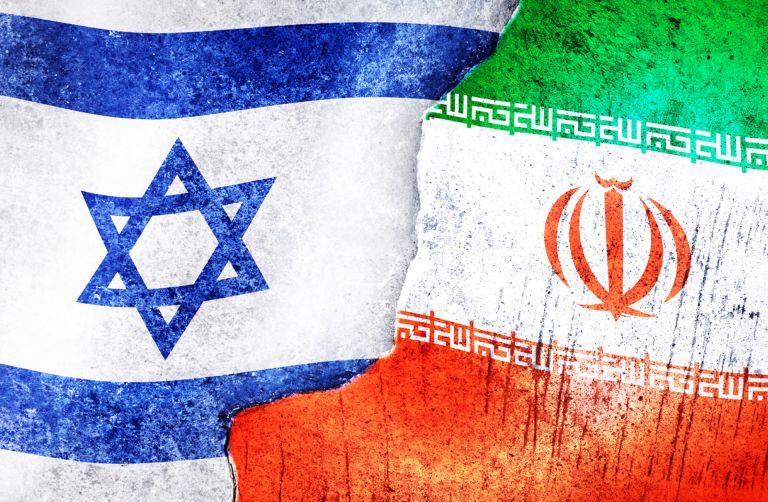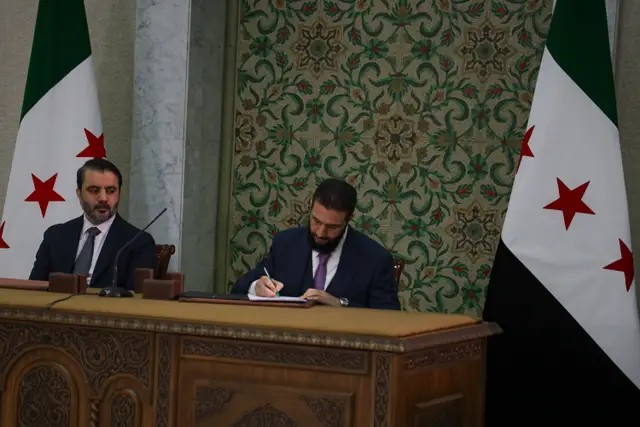🧠TPT Analysis: Game Theory Analysis on Iran v Isreal.
Iran’s Supreme National Council has implicitly accepted the ceasefire — but framed it as if Israel was forced to stop, while Iran is “also stopping” voluntarily, because “it didn’t start the war.”
This is a classic narrative positioning strategy — and from a Game Theory perspective, it signals Iran is playing a payoff-maximizing strategy under incomplete information and reputational stakes.
Applied:
1. Signaling Game — Reputation vs. De-escalation
- Iran’s move: Accepting the ceasefire but framing it as restraint, not weakness.
- Signal: “We had the upper hand but chose to stop.”
- Payoff: Maintains regional credibility, avoids looking submissive, while minimizing military cost.
2. Strategic Narrative Framing = Utility Management
- Wars often end in ambiguous outcomes, so each player tries to shape post-war perception.
- Iran’s framing maximizes utility not by battlefield wins, but by controlling the story — suggesting Israel blinked first.
3. Repeated Game Logic
- Iran knows this isn’t a one-shot game. It’s a repeated interaction with Israel, the U.S., and the region.
- Maintaining a narrative of “moral high ground” + military restraint builds future leverage.
- Also avoids crossing the “U.S. escalation threshold,” which could change the rules of the game.
Takeaway:
Iran isn’t just accepting the ceasefire — it’s strategically managing the optics of it. In Game Theory terms:
- It’s a cooperative move, framed as dominant strategy, where the ceasefire is not a concession, but a natural result of its defensive posture.
- Israel, by contrast, is portrayed as the aggressor who failed to achieve objectives, therefore forced to stop.
This narrative framing helps Iran:
- Avoid domestic perception of weakness
- Maintain deterrence credibility in the region
- Reposition diplomatically without looking like it compromised
🧠TPT Analysis: War Outcome & Geopolitical Intention
Israel and the U.S. failed to achieve core war objectives against Iran, according to Abas Aslani (Center for Middle East Strategic Studies, Tehran). He notes Iran is cautious about the ceasefire, given Israel’s history of violating similar agreements in Gaza and Lebanon.
Aslani says the war aimed to:
- Destroy Iran’s nuclear program
- Trigger regime change in Tehran
But:
- Iran’s nuclear know-how and material remain intact, with key assets secured
- Iran’s missile capabilities were demonstrated, not neutralized
- “Meaningful negotiations” with the U.S. remain unlikely in the short term
TPT Perspective: Understanding the Power Play
This conflict must be viewed through the lens of geopolitical dominance and internal divergence between allies:
- While Israel and the U.S. are strategic allies, their endgames differ.
- The U.S. seeks to maintain influence across the Middle East as the central hegemon, preserving a balance of power favorable to its global strategy.
- Israel, however, appears to pursue a regional homogeny — a long-term vision of dominance shaped by ideological, strategic, and religious factors, often referred to in some circles as the “Greater Israel” plan.
- This divergence, as seen in game theory, suggests overlapping but non-identical objectives, with Israel more willing to take direct, unilateral actions that may not align with long-term U.S. planning.
🕒10:54 BST People Leaving Israel via Herzliya Marina
Just in — With Israel’s airspace closed, many are leaving the country through Herzliya Marina by sea.
🕒10:51 BST France Applauds Ceasefire, Urges Nuclear Talks to Resume
Just in from Paris — France’s Foreign Ministry welcomes the Israel-Iran ceasefire and urges Tehran to quickly restart nuclear negotiations.
“France calls on Iran to engage without delay in talks addressing nuclear, ballistic, and regional security concerns,” the ministry said.
Nuclear talks between Tehran and the US were suspended after Israel’s surprise attack on June 13.
🕒10:45 BST – Iran Thanks Qatar for ‘Constructive Role’ in De-escalation
Just in from Tehran: Iranian Deputy Foreign Minister Majid Takht-Ravanchi expressed gratitude to Qatar for its efforts to prevent regional escalation.
In a phone call, he thanked Qatari Minister Mohammed bin Abdulaziz al-Khulaifi for Qatar’s “constructive role” and emphasized Iran’s commitment to strengthening bilateral relations.
This follows Iran’s missile strikes on the US base in Qatar’s Al Udeid, after which Qatar condemned the attacks and summoned the Iranian ambassador.
🕒10:35 BST- Regional Airspace Reopens
📰Just in from the region — Syria and Oman have reopened their airspace after temporary closures due to the Israel-Iran conflict.
Qatar, Iraq, and others have also resumed flights.
Virgin Australia reports over 25,000 passengers delayed in Doha, working to clear the backlog.
🕒 10:28 AM BST — Iran Declares Ceasefire with Israel
🔴 BREAKING: Just in from Tehran — The Supreme National Security Council of Iran has announced a “national decision to impose the cessation of war on the Zionist enemy and its vile supporters.”
Earlier today, Israel accused Iran of firing a missile shortly after the ceasefire began. Tehran denies the claim, citing state media reports (IRIB & ISNA).
🕒10:00 BST : Iran Launches Missile After Ceasefire Begins
📰Just in from Tehran: Iran has launched a ballistic missile toward Israel, moments after the ceasefire took effect.
Israel says the ceasefire has been violated and has ordered a forceful military response.








Leave a Reply